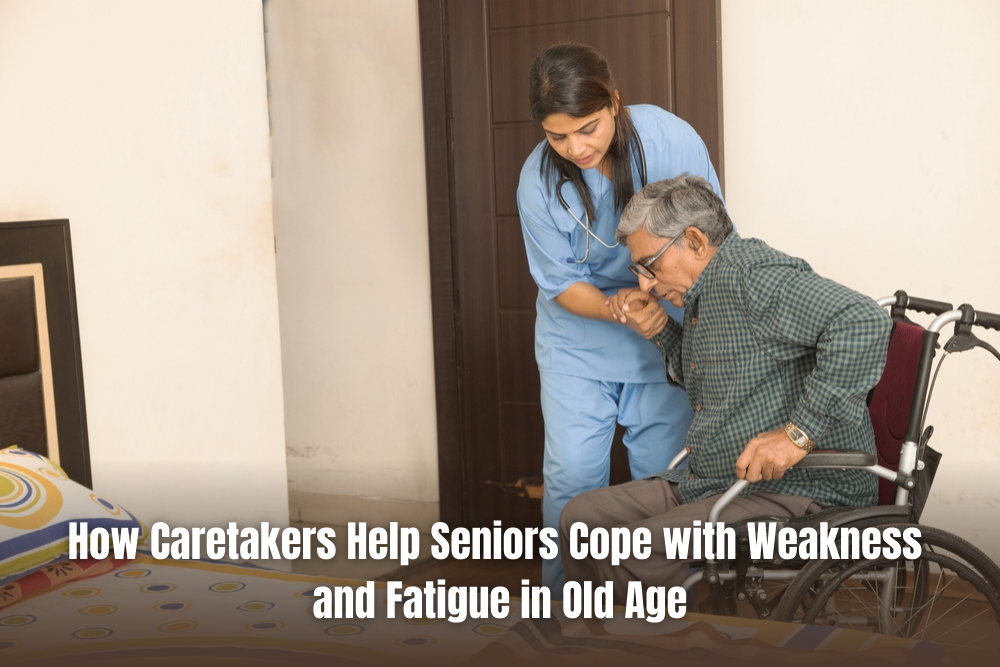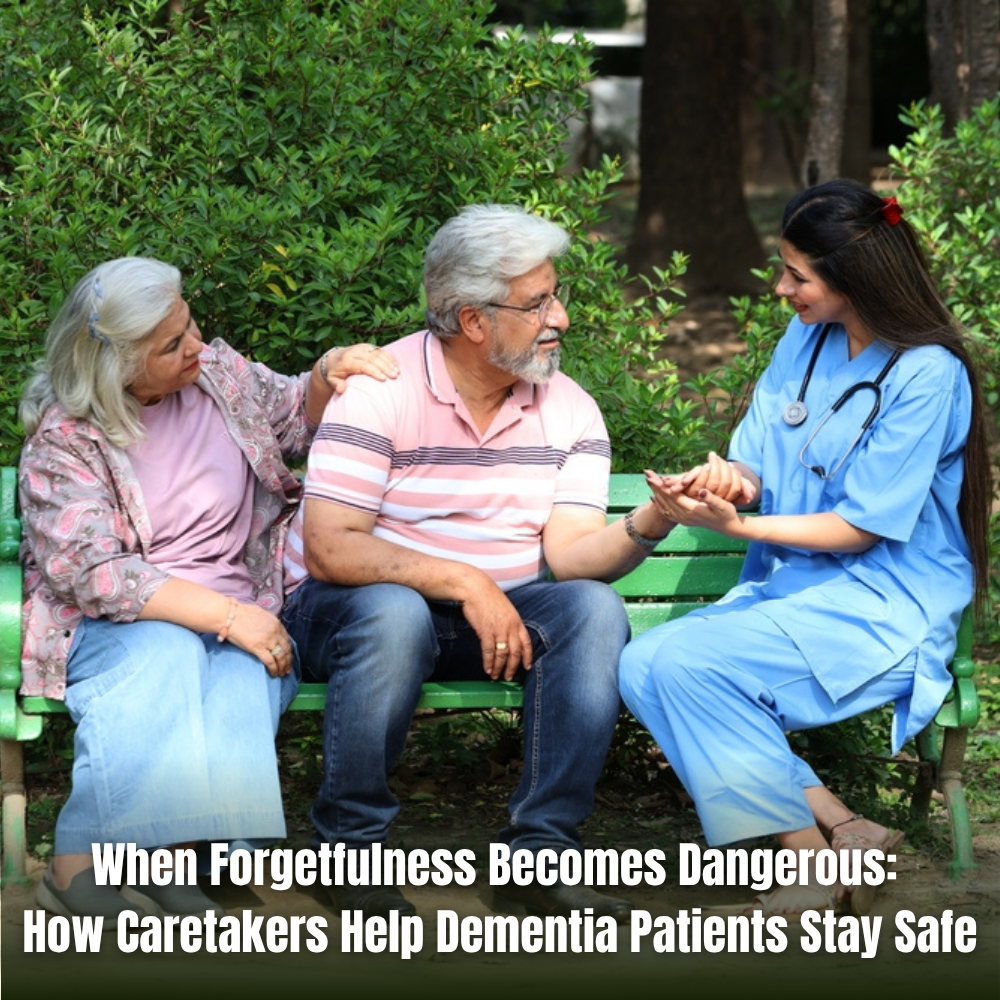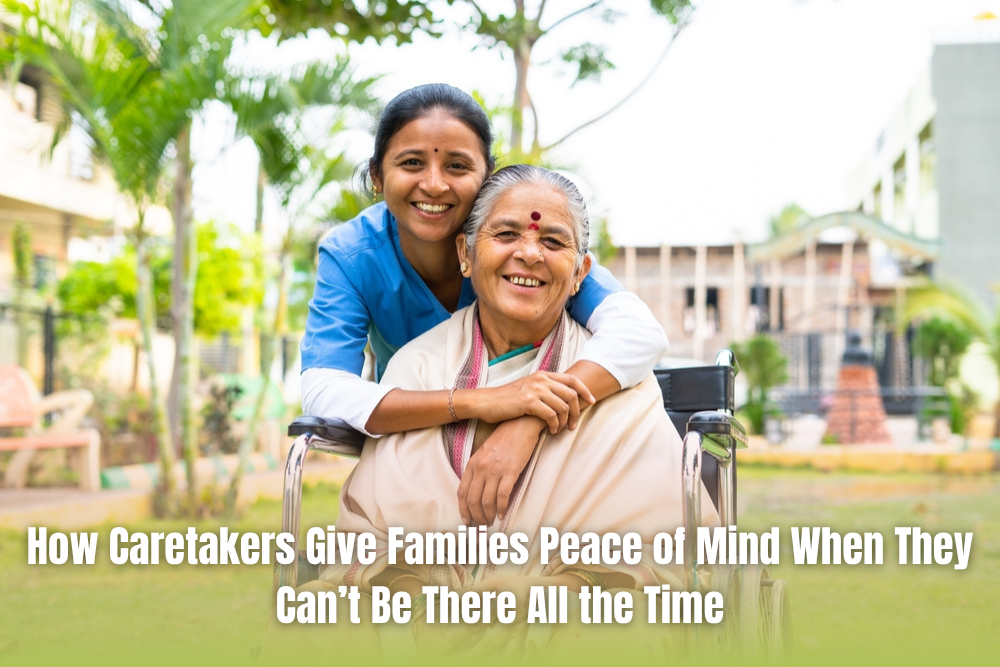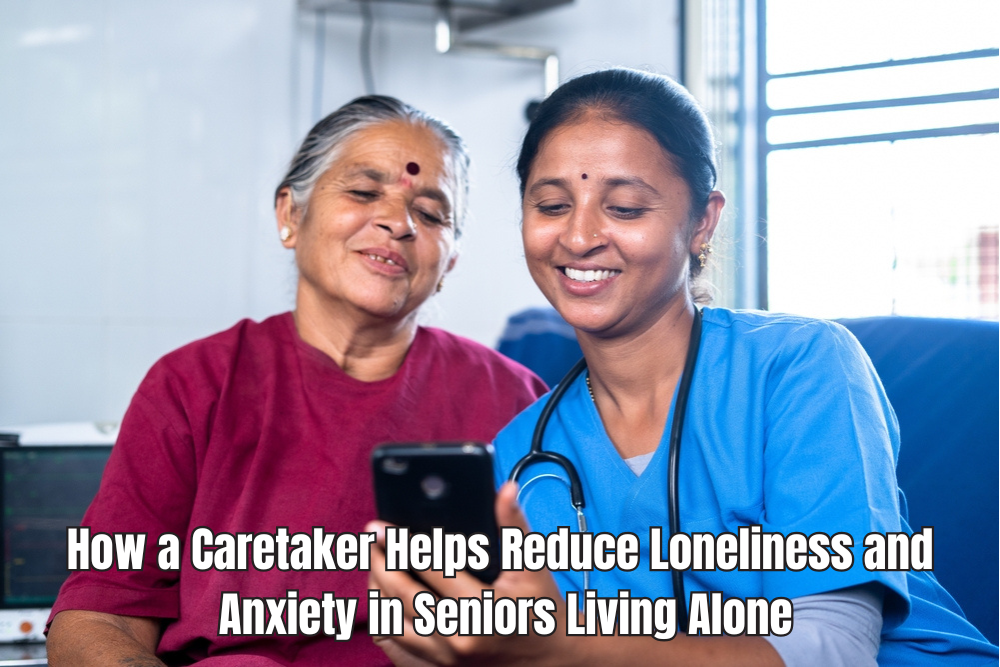As our parents grow older, it’s natural for them to feel more tired and weak than before. Climbing stairs, bathing, or even getting up from a chair can start to feel like challenges. What many families don’t realize is that fatigue and weakness are not just signs of aging, they can also be symptoms of poor nutrition, medication side effects, or underlying health conditions.
That’s why having a trained caretaker can make a huge difference. Caretakers provide not only physical assistance but also emotional encouragement, helping seniors regain their strength, confidence, and energy over time.
Common Reasons for Weakness and Fatigue in Seniors
Before finding the right help, it’s important to understand what causes fatigue in elderly people:
- Nutritional Deficiencies: Low iron, vitamin D, or B12 can lead to tiredness and muscle weakness.
- Chronic Illnesses: Conditions like diabetes, heart disease, or arthritis often reduce stamina.
- Medication Side Effects: Some medicines can cause dizziness or drowsiness.
- Poor Sleep or Depression: Mental health affects physical energy.
- Lack of Physical Activity: The less seniors move, the weaker their muscles become.
How Caretakers Help Manage Weakness and Fatigue
1. Assisting with Daily Tasks
Caretakers help seniors with bathing, dressing, and moving safely around the house — ensuring they don’t strain themselves or risk falling.
2. Encouraging Light Physical Activity
Caretakers assist with gentle exercises like stretching or short walks (as advised by the doctor). These movements help improve circulation, muscle strength, and stamina.
3. Monitoring Diet and Hydration
Fatigue often comes from improper nutrition. Caretakers make sure seniors eat balanced meals, stay hydrated, and take supplements on time if prescribed.
4. Ensuring Timely Medication
Missed or incorrect medication can worsen weakness. Caretakers help maintain a proper medicine schedule and observe side effects, if any.
5. Supporting Rest and Sleep
Caretakers create a calm environment that promotes proper rest — maintaining regular sleep timings and avoiding late-night disruptions.
6. Providing Emotional Companionship
Mental exhaustion often adds to physical fatigue. Having a compassionate caretaker gives seniors someone to talk to, share meals with, and smile more often — helping them feel cared for and less lonely.
Benefits for Families
For family members, hiring a caretaker means:
- Reduced worry about falls or fatigue-related accidents
- Peace of mind knowing parents are eating, resting, and taking medicines properly
- Time to focus on work and personal commitments while parents receive consistent care
Shree Swami Samarth Patients Seva: Trusted Care for Your Loved Ones
At www.sssps.in, we understand how delicate elderly health can be. Our trained caretakers specialize in helping seniors cope with weakness, fatigue, and daily challenges.
Our services include:
- Daily mobility and exercise assistance
- Nutritional and medicine monitoring
- Personal hygiene and emotional support
- 24-hour care for those needing round-the-clock supervision
With years of experience, we ensure your parents receive the care, respect, and attention they truly deserve.
FAQs
Q1: Is fatigue in old age normal?
Some fatigue is natural, but ongoing tiredness or weakness may indicate an underlying condition that needs attention.
Q2: Can caretakers help improve strength over time?
Yes. With proper nutrition, exercise, and care, seniors can regain stamina and confidence.
Q3: Should I hire a nurse instead of a caretaker?
A caretaker is ideal for non-medical assistance. If your parent has serious medical needs, a nurse can complement their care.
Q4: Can caretakers stay full-time at home?
Yes, at SSSPS, we provide both part-time and 24-hour live-in caretakers.
Conclusion
Old age doesn’t have to mean weakness or constant tiredness. With the right support, seniors can lead active, comfortable, and emotionally fulfilling lives. A caretaker provides exactly that — daily care, encouragement, and companionship that make all the difference.
At Shree Swami Samarth Patients Seva (SSSPS), we’re committed to bringing professional, compassionate elderly care right to your doorstep. Because every parent deserves care that’s filled with love and respect.





